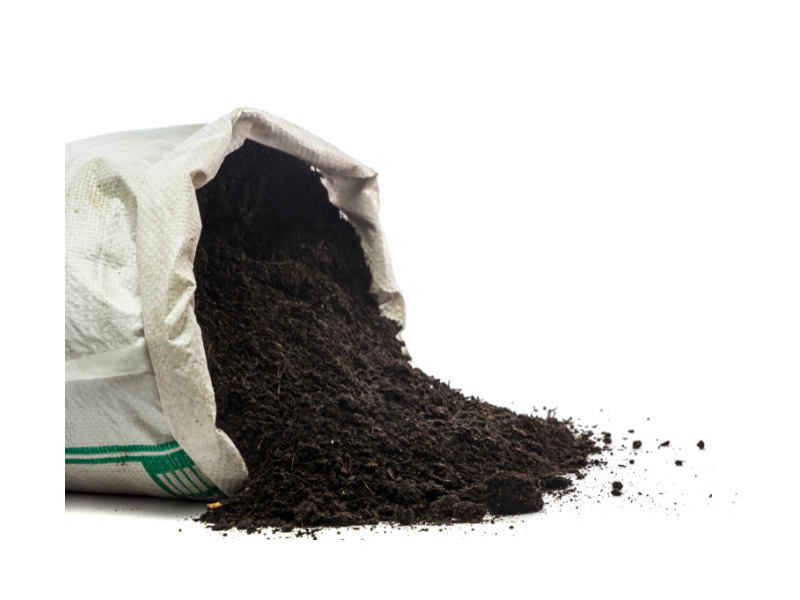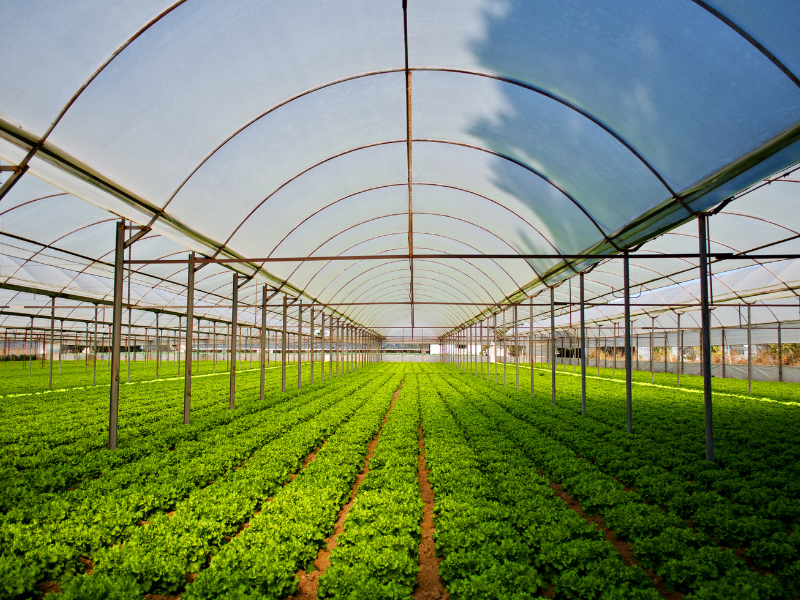
The Benefits of Using Organic Fertilizers in Your Garden
Organic farming and gardening practices are gaining popularity due to their emphasis on healthy and sustainable food production. One of the most critical aspects of organic farming is the use of organic fertilizers. Unlike synthetic fertilizers, which can harm the environment and contribute to soil degradation, organic fertilizers provide numerous benefits to your garden, your plants, and the planet. Here are some of the reasons why you should consider using organic fertilizers in your garden.
Improved Soil Fertility : The primary benefit of using organic fertilizers is that they improve soil fertility over time. Organic fertilizers contain essential nutrients like nitrogen, phosphorus, and potassium, as well as micro-nutrients like calcium and magnesium. These nutrients help to replenish the soil and promote healthy plant growth. In addition, organic fertilizers contain organic matter, which helps to retain moisture in the soil, reducing the need for frequent watering. Over time, the use of organic fertilizers will lead to soil with a higher nutrient content and better water retention, promoting healthy plant growth and improving overall soil health.
Organic farming is a philosophy, a way of life, rather than just a set of practices. –Vandana Shiva
Better Plant Growth and Health : Another benefit of using organic fertilizers is that they promote better plant growth and health. Unlike synthetic fertilizers, which can provide a quick boost of nutrients but can also cause plants to grow too quickly and become weak and susceptible to disease, organic fertilizers release nutrients slowly over time. This slow-release mechanism allows plants to absorb nutrients as they need them, leading to healthier and more robust growth. In addition, organic fertilizers help to promote beneficial microorganisms in the soil, which can help to reduce plant disease and improve overall soil health.
Organic fertilizers in your garden has several benefits
- Improved Soil Health
- Reduced Environmental Impact
- Better Plant Growth
- Improved Nutrient Density
- Cost-effective


Reduced Environmental Impact: Finally, using organic fertilizers helps to reduce the environmental impact of gardening and farming. Synthetic fertilizers can contribute to water pollution and harm wildlife, while organic fertilizers are natural and non-toxic. Additionally, organic farming practices promote soil health, biodiversity, and sustainable food production, which is better for the planet in the long run.
In conclusion, using organic fertilizers is a wise choice for anyone who wants to promote healthy and sustainable food production in their garden. By improving soil fertility, promoting plant growth and health, and reducing the environmental impact of gardening, organic fertilizers offer numerous benefits for both the gardener and the planet. By making the switch to organic fertilizers, you can help to promote healthy, sustainable, and environmentally friendly food production practices.
Leave a comments